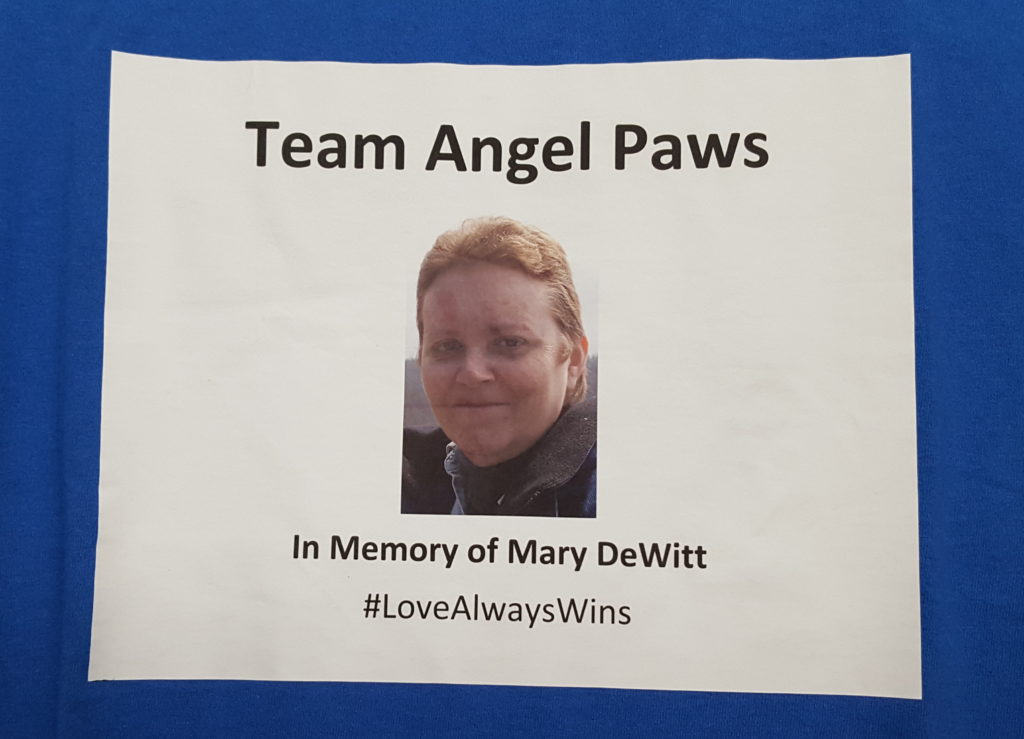In the last 5 1/2 years, I have gained intimate awareness of ALS, so much so that it is now on my resume. Six years ago I would never have imagined that I would be comfortable changing the inner cannula of a trach, changing out a Mic-key button PEG tube, using an ambu bag, dialing 911 while frantically holding a face mask to my wife’s face to keep her breathing, making – literally – life and death decisions on an hourly basis. I would never have imagined the torture a body can experience, or imagined it would happen right in front of me over such a short period of time.
In the last 5 1/2 years, I have known hundreds of other spouses who cared for their partners through the devastation of ALS, and we have supported each other through our journeys while living with ALS and on the “other side” as we surviving spouses refer to it.
The ravages of ALS don’t end with the death of the person with ALS. They continue to haunt those of us on the other side, making it hard for us to trust anyone, to share what we experienced, because we spent so long hiding our vulnerability, keeping on a mask for our loved ones while crying and screaming in secret. While we lived with and tried to fight ALS, we didn’t share details with family members and friends – how could we? I didn’t want to burden my children, my parents, my friends with the fear, the anger, the horrors of what was required to care for my beloved, especially near the end. It is hard to imagine anyone understanding our journey except those who have also experienced it first-hand.
May is ALS Awareness Month. Again.

We are no closer to a cure, despite what you may hear and see out there.
Insurance companies are still denying medications, support services, equipment and in-home care services to people with ALS. How do you make someone with a terminal illness suffer even more? How do you not provide comfort care?
People are still choosing to bring their ALS journey to an end by refusing food and water, by removing their bi-pap and suffering for days, or by gunshot, because their states and/or providers will not ease their passing with common hospice-approved medications. The “opiod crisis” is creating horrible end-of-life experiences for those who have already been through so much. And their souses are left with severe PTSD (I do not use that term lightly), flashbacks and survivor’s guilt. As if we could possibly have done even more than we did.
ALS is not pretty. It is not a movie. It is not an easy thing to talk about. But we must talk about it, talk about the horrors, if we are ever to see funds supporting research to effectively diagnose, treat the symptoms, and one day find a cure.
And so I will be posting this month. I cannot guarantee it will be daily. I cannot guarantee it will be something I haven’t posted about before. Because even 5 1/2 years after my wife’s diagnosis, there are experiences and knowledge to share. Because even 3 1/2 years after my wife died, there are things that I need to say over and over again. Because I promised her that after she was gone, I would continue to fight for everyone else.